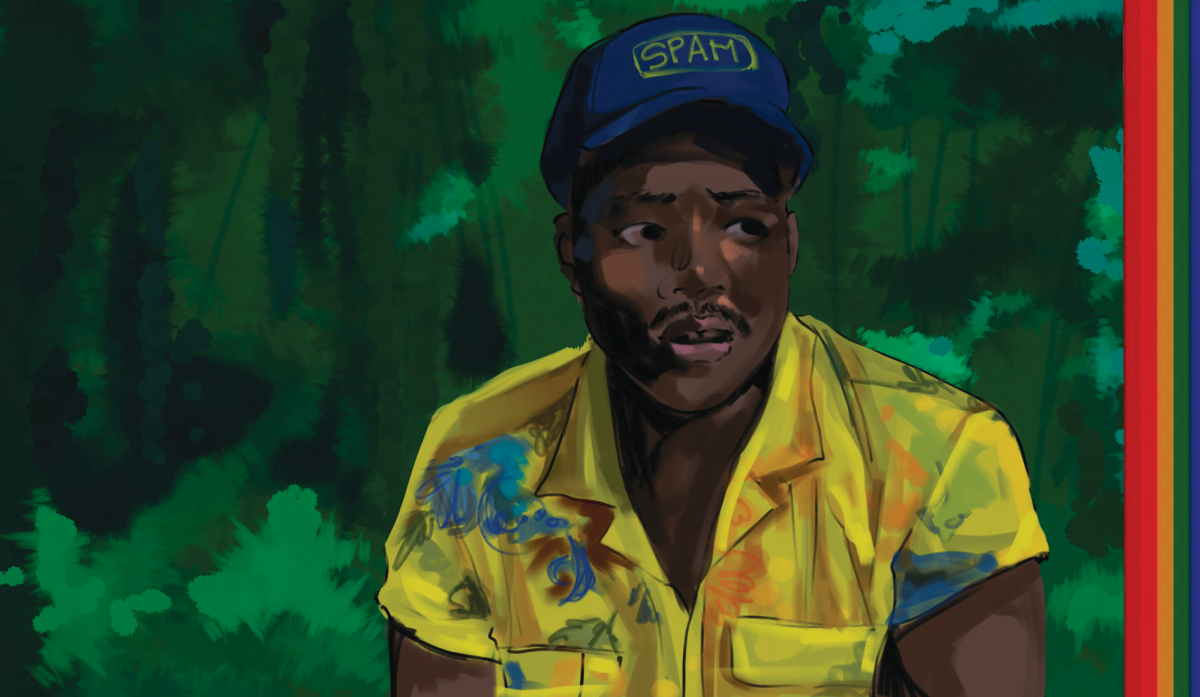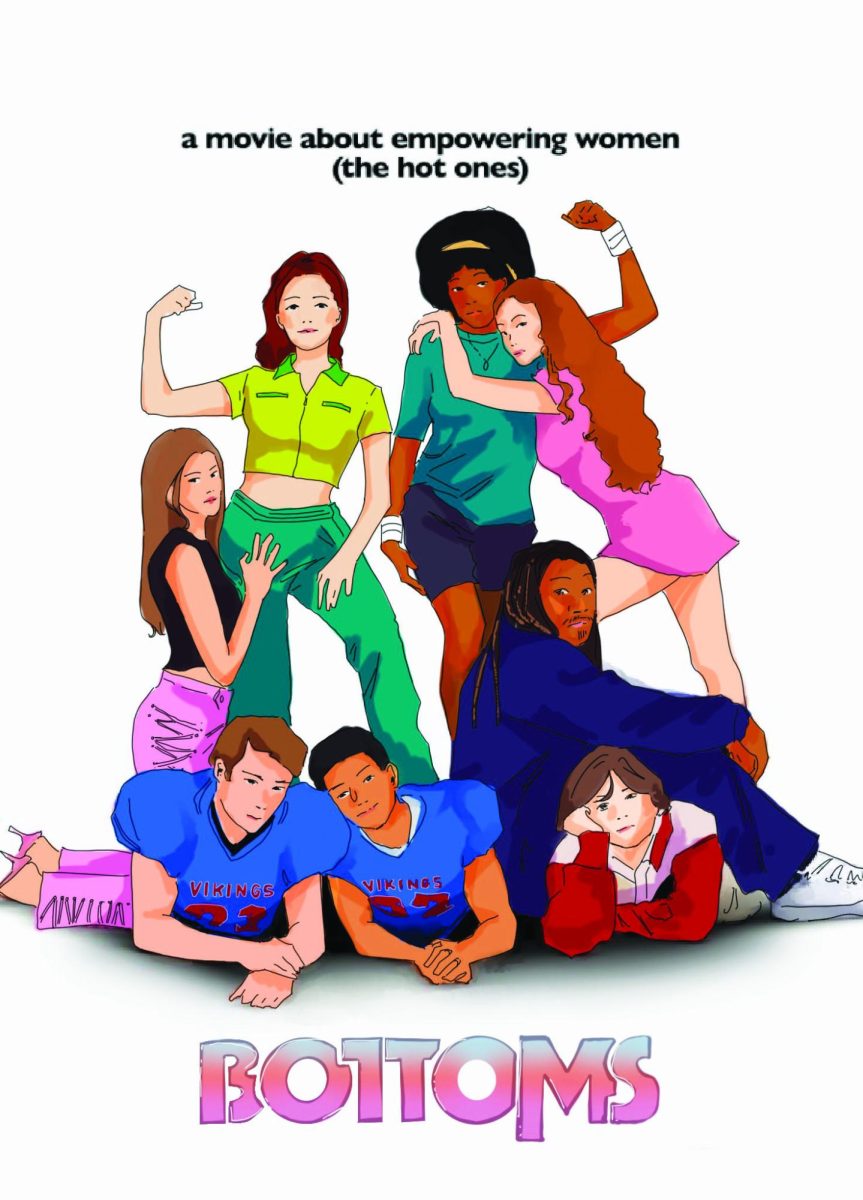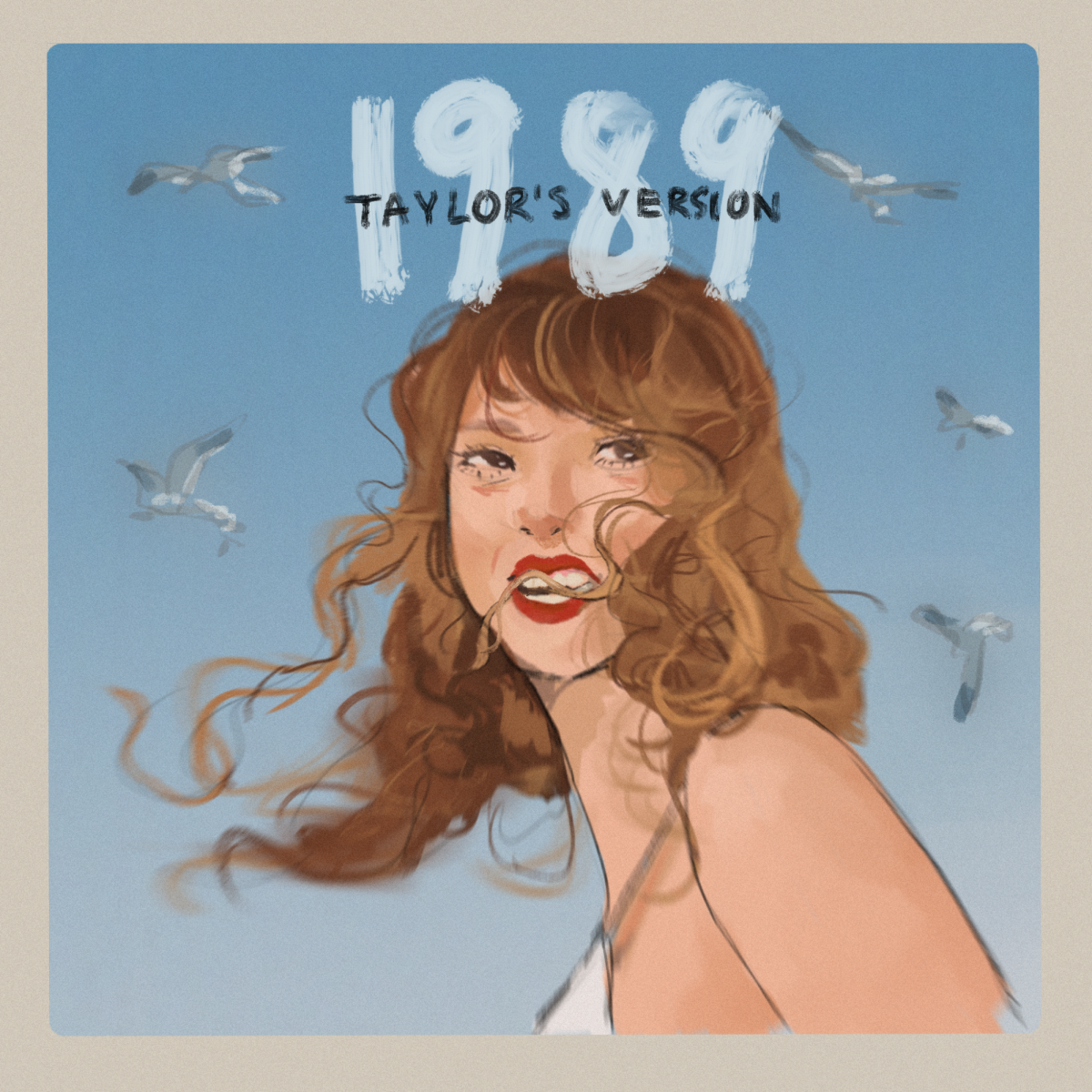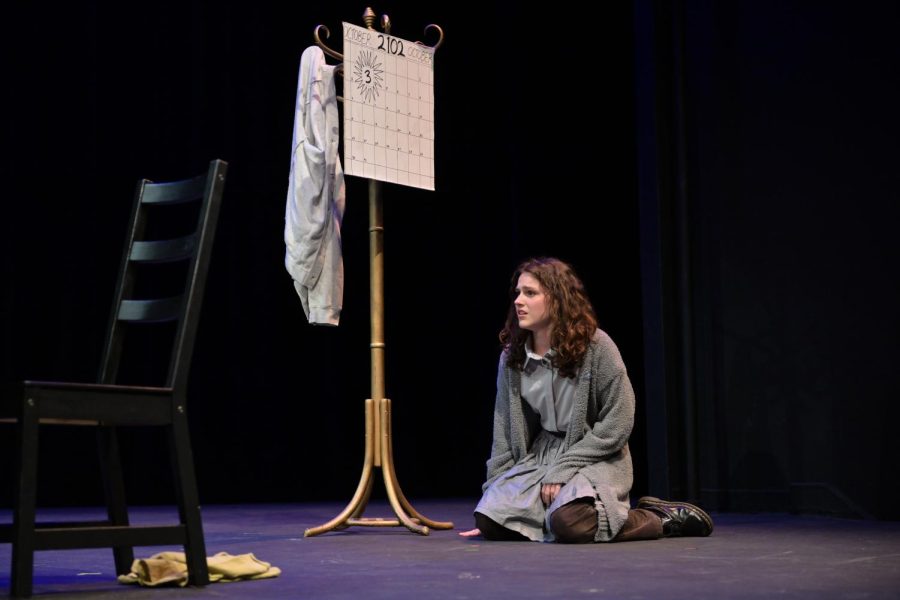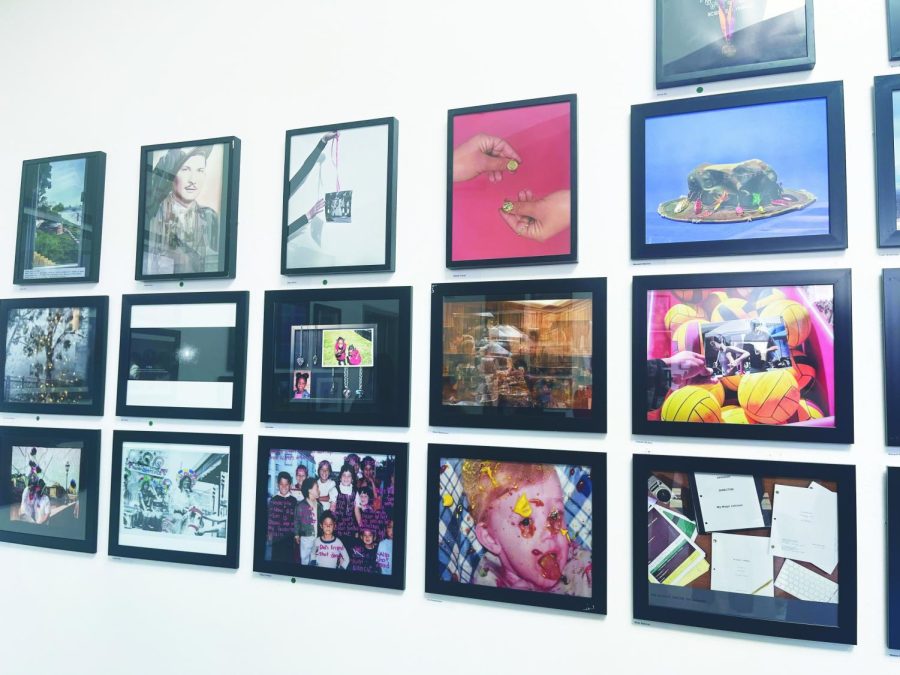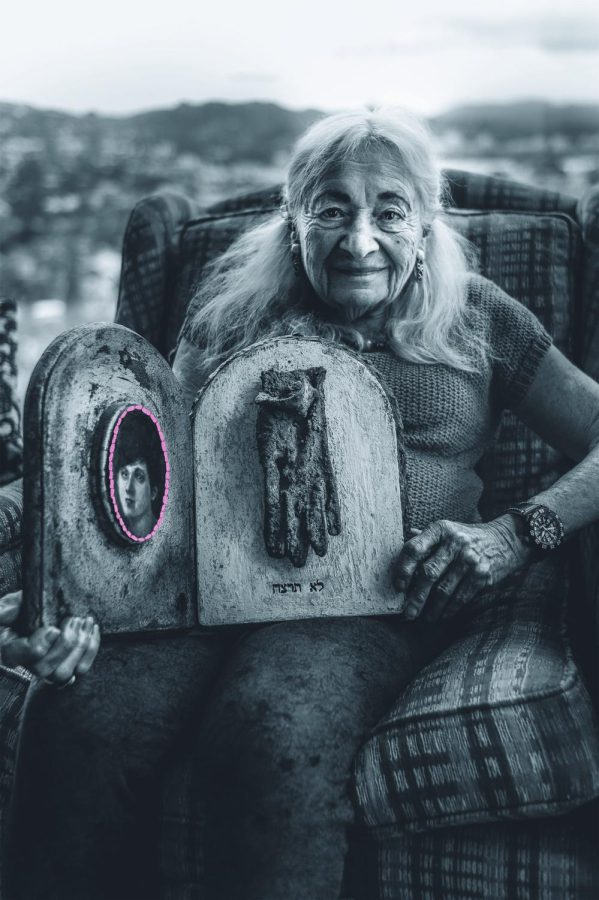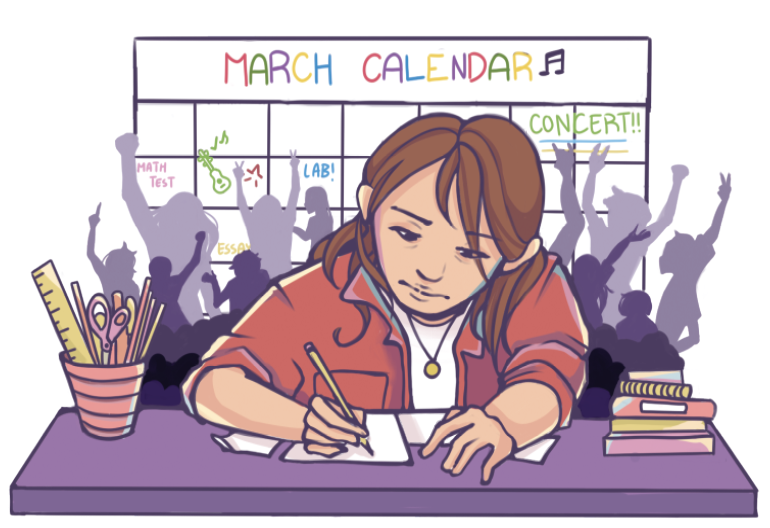At the beginning of every year, Nathan Russel ’21 observes all the buzz surrounding the new mystery man of “The Bachelor.” Due to the show’s popularity and older teens being the majority of dating show audiences according to a 2018 Statista study, Russel said he’s faced with a dilemma. He either has to watch a show he is ideologically opposed to or risk being excluded from conversations of ‘last night episode’ with his peers.
“All of my friends watch [dating shows] and then talk about it at school, which pressures me to watch it, regardless of my actual interest in the show,” Russel said.
A problem that Russell said he noticed in dating shows was the promotion of unhealthy relationship habits.
“Dating shows promote an unrealistic vision of dating because they make relationships entirely transactional, with little time for the contestants to meet each person and make an informed decision as to whether they would be a good life partner,” Russell said.
Dahlia Low ’20, who occasionally watches reality dating shows, said she wants the shows to include more gender diversity.
“I wish that there was more diversity with shows like ‘The Bachelor,’ and I would love to see them move away from the heteronormative relationship structure of the show,” Low said. “[Entertainment corporations] don’t want to take risks and prefer to stay with what they have been doing for the past 20 or more seasons, even if it is long overdue for a change.”
Russell also said that this depiction of relationships is due to differences between the structure of dating shows and other forms of entertainment and media.
“I think that these images of romance are like those seen in the media in other places that treat relationships as a plot tool, which contrasts [with] romance movies, where the relationship is the focus and is allowed to develop,” Russell said. “I think dating shows are an unhealthy depiction of relationships and [shows that] everything in the media is distorted.”
Some students, such as Ari Davidson ’19, said that they choose not to watch dating shows because of their problematic representations of gender and relationship practices.
“‘The Bachelor’ is an extremely heteronormative show, and its propaganda should not be distributed to the healthy minds of our students,” Davidson said. “It valorizes heterosexual monogamy as the ultimate life goal, while encouraging the main contestant to both engage in polygamy throughout the weeks on the show and erasing the beauty that could be produced from representation of queer love in the show. I don’t enjoy subjecting myself to witness nauseatingly artificial love, and nothing about my friends watching the show will change that.”
However, many other views of dating shows recognize the social problems present in the program but still continue to watch and support the show.
Nathan Lee ’20, who said he occasionally watches dating shows such as “The Bachelor,” said that dating shows’ overrepresentation of straight relationships does not promote a heteronormative view on romance.
“I don’t think TV shows have the power or influence to promote a certain ideology, especially something as artificial as a dating show,” Lee said. “Yes, most of the popular TV shows like ‘The Bachelor’ and ‘The Bachelorette’ do include straight relationships, but [I don’t think they] actively exclude other forms of relationships, not to mention the gender diversity in other dating shows, even if they are less popular.”
According to a New York Film Academy study, discrimination and misrepresentation of gender minorities has not declined more than 10 percent within the past decade.
Lee, however, said he does not think media as a whole should be viewed through the lens of political or social progress.
“I want to criticize the notion that movies and TV shows have the burden to reflect social progress within our society as a whole,” Lee said. “While media, such as news sites, should be accurate to society, I believe that entertainment media should just be seen as entertainment, rather than the political statement that I have seen a lot of people make it out to be.”
Lee also said that many criticisms that he has observed of media, and dating shows specifically, may be miscontextualized to justify certain political agendas.
“The criticism of dating shows as the U.S. entertainment industry being heteronormative or otherwise politically incorrect is a perfect example of how people tend to use these examples and misapply them to justify their own beliefs,” Lee said. “This seems petty, but it’s a pretty good example – I’ve seen people talk about ‘Love Island’ showing the artificiality of U.S. entertainment, even though it’s a European TV show.”
Ultimately, while dating shows may be insensitive to social problems, Low said should not be taken as a reflection of the real world.
“I don’t think of ‘The Bachelor’ as an ideal way to find love, I think of it as a television show created to entertain audiences and make money,” Low said. “‘The Bachelor’ should not be marketed as an ideal way to find love, it should be marketed as entertainment. ‘The Bachelor’ is a television show above everything else, and its main purpose is to entertain.”




























